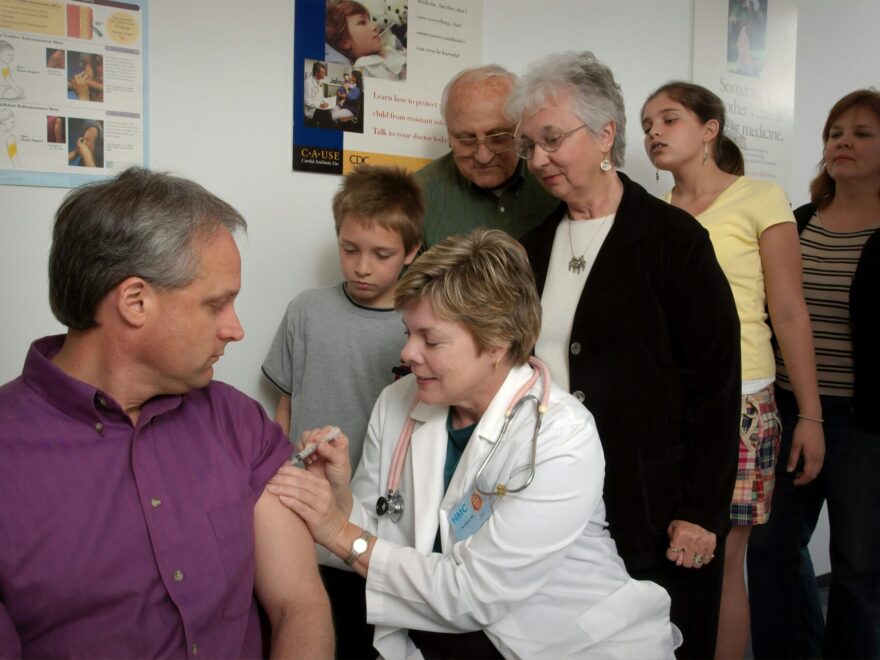The Essential Role of a Family Doctor in Holistic Healthcare
Introduction
In an era characterized by rapid advances in medical technology and specialized care, the role of a family doctor remains a cornerstone of holistic healthcare. Family Doctor s, also known as general practitioners or primary care physicians, are the first line of defense in maintaining our well-being. They provide comprehensive health services to individuals and families across all ages, sexes, conditions, and parts of the body. Let’s delve into the enduring significance of a family doctor and how they contribute to the health and vitality of the community they serve.
The Bedrock of Continuous Care
A family doctor is often the first healthcare professional a person interacts with when they experience health issues. One of the key advantages of having a family doctor is the continuity of care they provide. Over time, they become acquainted with the personal and family health history of their patients, enabling them to detect patterns and make informed decisions about their care. This ongoing relationship fosters a level of trust and understanding that is instrumental in effective healthcare delivery.
Moreover, family doctors are trained to deal with a myriad of health concerns, meaning they are adept at treating the whole person rather than focusing on one organ system or disease. They are skilled in prevention, diagnosis, and management of a broad spectrum of illnesses, and when necessary, can seamlessly coordinate with specialists to ensure that their patients receive the best possible care.
Preventive Healthcare and Education
Prevention is better than cure, and family doctors stand at the forefront of preventive healthcare. They are proactive in educating their patients about lifestyle choices that can impact their health, such as diet, exercise, and smoking cessation. By offering guidance on how to lead a healthier life, family doctors play a crucial role in preventing diseases before they start or worsen.
Regular check-ups and screenings are another aspect of preventive care that family doctors emphasize. These exams are essential for catching potential health issues early on, which is often key to successful treatment. Family doctors assess risk factors such as family history and lifestyle to tailor screening schedules to the unique needs of each patient.
Comprehensive Care for All Ages
From infancy to old age, the family doctor is qualified to care for individuals at every stage of life. This is particularly crucial for children and the elderly, who may have specific healthcare needs. For children, family doctors administer vaccinations, track growth and development, and guide parents through common childhood illnesses and injuries. For the elderly, they monitor chronic conditions, manage medications, and help navigate the complexities of aging.
Having a single healthcare professional who understands the medical history of multiple generations within a family can be invaluable. It allows for a nuanced approach to hereditary conditions and provides a holistic view of the family’s health dynamics.
Mental Health Support
The role of a family doctor extends beyond physical health to include mental and emotional well-being. They are often the first healthcare professionals to recognize signs of mental health issues such as depression, anxiety, or stress-related disorders. Family doctors can provide initial counseling, prescribe medications, and refer patients to mental health specialists if necessary.
The trusting relationship between a family doctor and their patients is particularly beneficial for mental health care. Patients may feel more comfortable discussing sensitive issues with someone they know and trust, leading to earlier intervention and better outcomes.
Chronic Disease Management
Living with a chronic disease requires ongoing care and attention. Family doctors are well-equipped to manage chronic conditions such as diabetes, hypertension, and heart disease. They work with patients to develop and implement management plans, which may include medication, lifestyle adjustments, and regular monitoring.
Chronically ill patients often require coordination of services, such as home healthcare, specialist appointments, and hospital admissions. Family doctors act as the central hub for this coordination, ensuring that all aspects of a patient’s care are addressed and integrated.
The Anchor of Community Health
Family doctors are not only concerned with the health of individual patients but also with the well-being of the communities they serve. They provide public health education, participate in community health initiatives, and contribute to health policy development. Through these activities, family doctors help to improve the overall health standards of the population and reduce healthcare costs by preventing illness and promoting healthy living.
Conclusion
In a healthcare landscape that can be impersonal and fragmented, the family doctor stands out as a beacon of personalized, continuous care. They are healthcare partners for life, accompanying patients through every health challenge and milestone. From preventive care to the management of complex chronic conditions, family doctors ensure that their patients receive comprehensive, compassionate care tailored to their needs.
Their role is not only integral to the health of individuals but also to the vitality of entire communities. By fostering relationships based on trust and understanding, family doctors contribute to a healthcare system that is more human, more efficient, and more effective. As we navigate an ever-changing medical environment, the steady presence of the family doctor remains a comforting and essential element of our healthcare experience.
